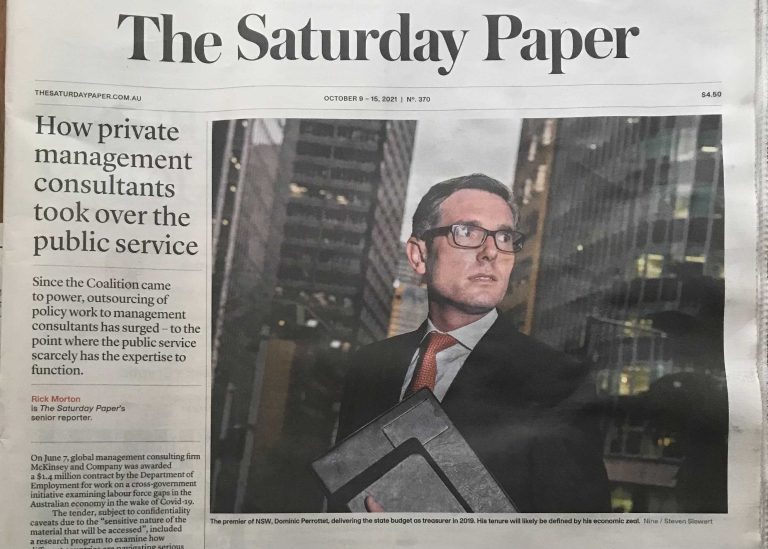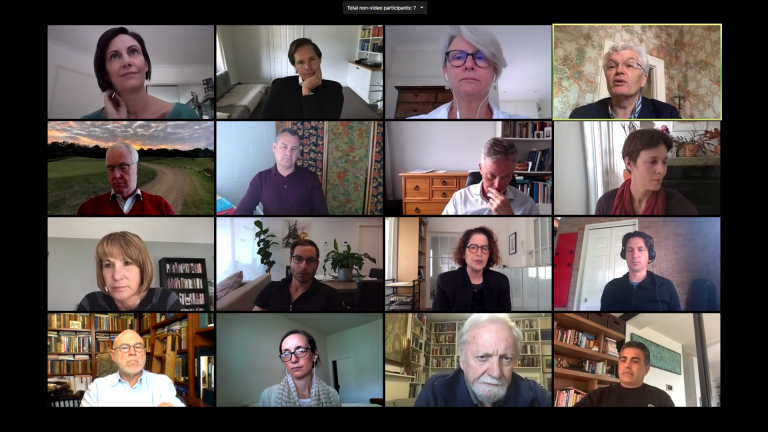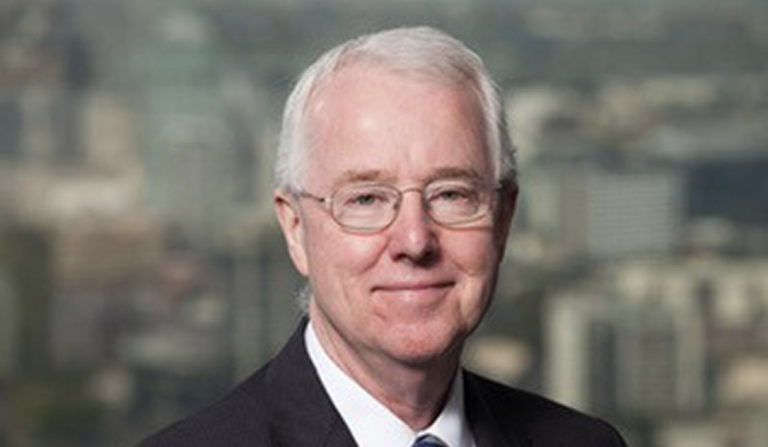Having endured an election of hyperbole, vacuous staged debates and pompous expert
opinions, most pundits must be left feeling disengaged and somewhat concerned about the state of our democracy. The disparaging responses to Rudd’s proposed inquiries (eg. on climate change, pricing and federal-state relations) claiming that if those in power don’t have all the answers, then they don’t deserve to govern, reflect the anachronisms of our current democratic system. How extraordinary to presume that having been elected, our representatives should magically know the answers to all the contentious, complex problems that are facing us today. The time has come to re-think what sort of democracy we want.
Throughout the western world, politicians are trying to find ways to re-engage citizens in democracy. In one of his earliest speeches as UK Prime Minister, Gordon Brown announced plans for citizen’s juries, consisting of randomly selected citizens, tasked with deliberating and advising the government on a broad range of issues of importance to the community. Similarly, Senator and presidential candidate John Edwards called for the creation of “Citizen Congresses” that would regularly convene one million Americans in national deliberations on critical policy issues.
Historically, Australia has been a leader in democratic reform, being one of the first nations to introduce the women’s vote and a democratically elected upper house.
However, our current adversarial democratic systems are dysfunctional, as they polarise
issues and alienate citizens, rendering us incapable of addressing the critical issues of our time. It is time Australia led the way again in democratic reform – this time by institutionalising deliberative democracy.
What we need is not a political revolution but rather a radical improvement to our current system of representative democracy; the election of the few to represent our interests.
This system of government could be significantly more relevant and effective if it was augmented by deliberative democracy – the empowered voice of the people through deliberative dialogue that leads to shared decision-making.
Governments could incorporate deliberative democracy initiatives into their current frameworks, in place of, or in addition to, hearings and other traditional consultation methods. In such a scenario, citizens could directly participate in governance through open, equal and inclusive dialogue and deliberation. The collective decisions that resulted would influence and be seen to influence decision-making processes.
Examples of such deliberative democracy initiatives can already be seen here in Australia and internationally: with participatory budgeting in Porto Alegre Brazil using a city-wide organisation of residents; Citizens’ Assemblies in Canada to develop an alternative electoral system; Citizens’ Summits in Washington DC, USA using 21st century town meetings to determine budget priorities; participatory processing of legislation in Denmark using random sample consensus conferences to advise on particularly contentious legislation; and planning decisions in Western Australia using new methods of community engagement including citizen juries, 21st century dialogues, deliberative surveys, multi criteria analysis conferences, and consensus forums.
For such initiatives to take root and become accepted practice, the relationship between government and society would need to be fundamentally reconfigured. Not only would government involve those likely to be immediately impacted by an issue, but it would engage a truly representative, random sample of the population, tasked with understanding the full context of the issue and its wider repercussions, deliberating judiciously, and selecting the best option(s) to advise government. These processes would be transparent from inception through to the implementation of outcomes.
Achieving ‘institutionalised’ deliberative democracy would require such initiatives to be built into our society so that almost no one could imagine them not being there.
Here is one scenario for our democratic future.
- Political parties will come to elections clearly stating those critical problems and
opportunities facing the nation, which they believe will require the
co-intelligence of dialogue and deliberation to resolve. People will be
called up for citizenship duties, just like they are currently called up
for jury duty. Using life-long learning principles, citizens’ capacity
building in dialogue and deliberation will be funded and implemented. At
least in the short term, those jurors currently not required for jury duty
can be used to deliberate important civic issues.
- A national, possibly international group of practitioner/researchers will provide advice to governments on the processes and techniques best suited to the problem/opportunity and situation. They will oversee independent research and evaluation of the processes, and the results will be widely disseminated to ensure
continuous improvement -at a national and international level.
- Complex ideas will be made accessible to lay people with the government acting as brokers – the nexus between citizens and scientists/academics – and government will subsidise these efforts.
- When significant legislative change is recommended by deliberative democracy processes, governments will put the recommendations to referenda. Any such referendum will preceded by funded public education, aimed at comprehensively and effectively explaining the issues. For other recommendations, governments
will commit to informing constituents what will and will not be implemented, and if not, why not. Lay deliberative democracy processes will be on par with Royal Commissions.
- Governments will commit to funding and agency support for approved recommendations to ensure their implementation, and will widely disseminate feedback on progress made.
- Political parties will be judged at the election boxes on how well they listened to and enacted the co-intelligent will of the people.
All we need is one Premier or Prime Minister willing to trial this system. When governments realise the benefits of wiser, inclusive decisions, we can turn around the dysfunction of our current political processes, and co-create participative, inclusive democracies with better decision-making.



